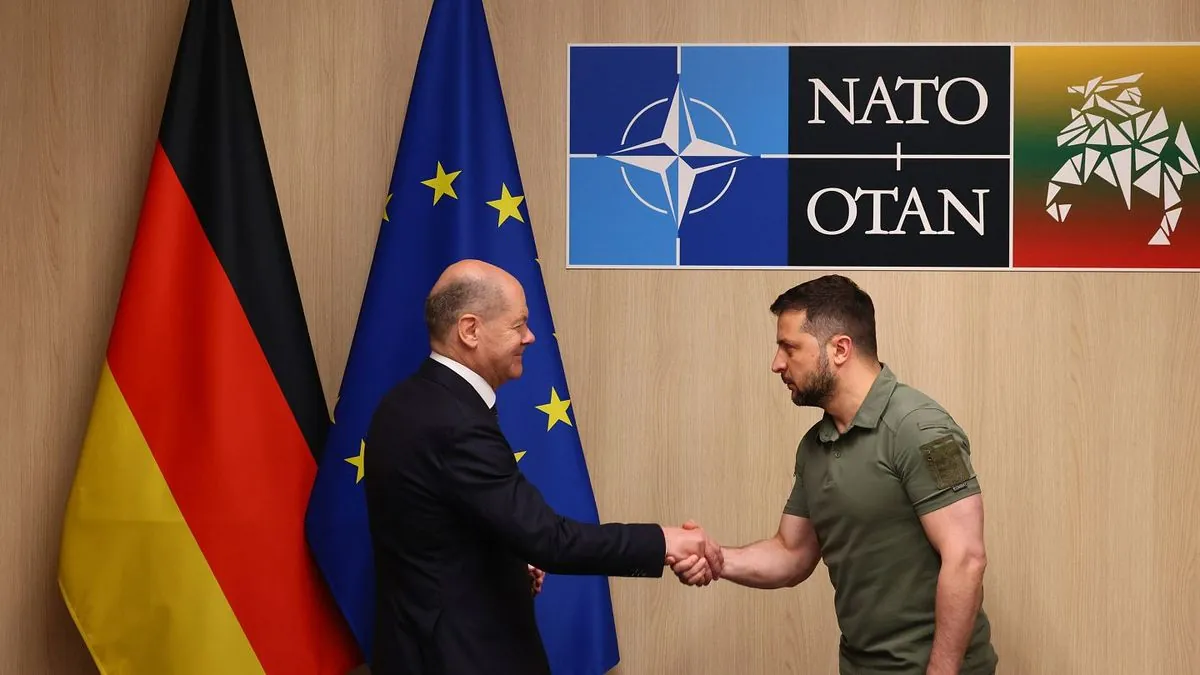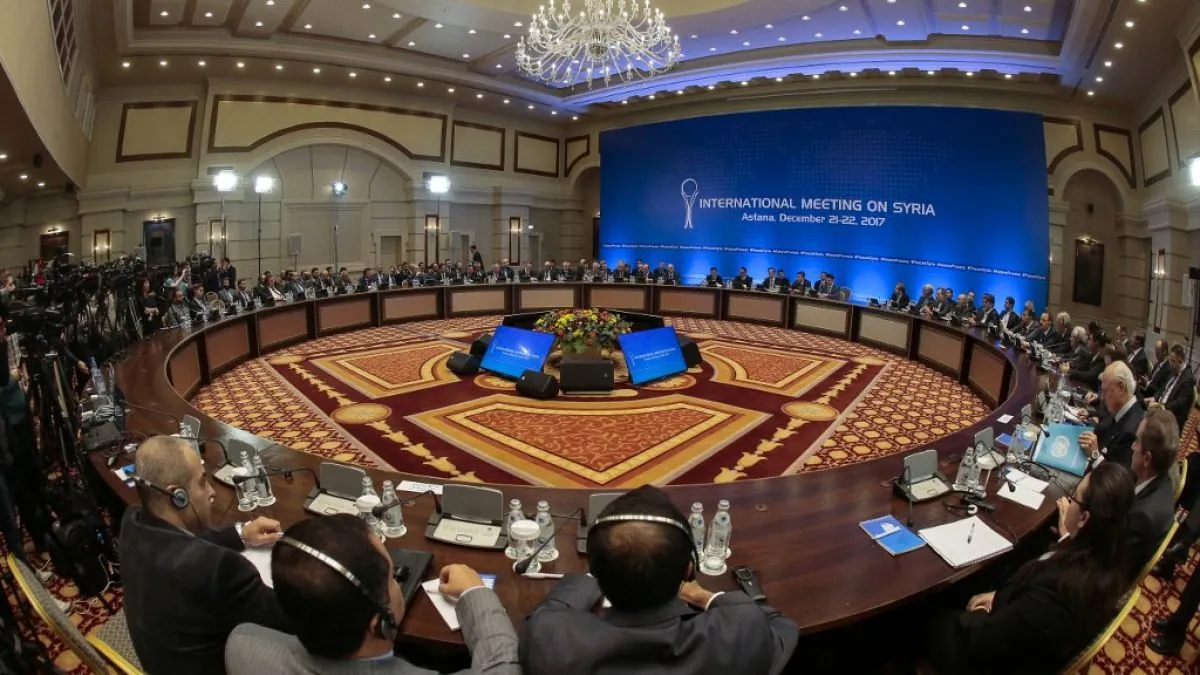Scholz and Zelenskyy Agree: Russia Should Join Future Peace Talks
German Chancellor Olaf Scholz advocates for Russia's inclusion in future Ukraine peace conferences. This stance, shared with President Zelenskyy, aims to expedite conflict resolution efforts.

In a recent development, Olaf Scholz, the German Chancellor, has revealed that he and Ukrainian President Volodymyr Zelenskyy concur on the necessity of including Russia in future peace negotiations aimed at resolving the ongoing conflict in Ukraine. This statement comes as part of a broader call by Scholz to accelerate efforts towards finding a peaceful resolution.
The Chancellor's remarks were made during an interview with Germany's ZDF public television on September 10, 2023. Scholz emphasized the urgency of the situation, stating, "We must discuss how to expedite the resolution of this war situation more rapidly than current perceptions suggest."
This stance follows a previous peace conference held in Switzerland on June 15-16, 2023, which concluded with 78 nations expressing support for Ukraine's territorial integrity. However, the conference failed to establish a clear path forward, and Russia was notably absent from the proceedings.

The ongoing Russo-Ukrainian War, which began in 2014 with Russia's annexation of Crimea, has seen Germany emerge as the fourth-largest arms supplier to Ukraine. This support, however, has not been without domestic political repercussions for Scholz. In recent state elections held on September 1, 2023, populist parties opposing arms provision to Ukraine made significant gains at the expense of Scholz's three-party governing coalition.
Adding to the Chancellor's challenges, some members of his own Social Democratic Party (SPD), the oldest political party in Germany founded in 1863, have called for a greater emphasis on diplomatic efforts towards Russia.
Despite these internal pressures, Scholz maintains his commitment to supporting Ukraine while also pursuing diplomatic avenues. This approach aligns with Germany's position as the largest economy in the European Union and its significant role in the ongoing conflict, including the suspension of the Nord Stream 2 pipeline project with Russia.
Volodymyr Zelenskyy, who was elected President of Ukraine in 2019, has put forward a 10-point peace formula. This proposal calls for the complete withdrawal of Russian forces from Ukrainian territory and accountability for war crimes. It's worth noting that Ukraine applied for EU membership in February 2022, shortly after the Russian invasion, highlighting the country's Western aspirations.
The conflict has had far-reaching consequences, including the displacement of over 1 million Ukrainian refugees to Germany alone. It has also triggered significant economic sanctions against Russia by Western countries and caused a global food crisis due to disruptions in grain exports from Ukraine.
As efforts for peace continue, the international community remains engaged. The UN General Assembly has passed several resolutions condemning Russia's actions in Ukraine, underscoring the global concern over the ongoing conflict.
"There will certainly be a further peace conference, and the president and I agree that it must be one with Russia present."
The path to peace remains complex, with previous attempts such as the Minsk agreements of 2014 and 2015 failing to stop the fighting. As the conflict enters its tenth year, the inclusion of Russia in future peace talks may represent a significant shift in approach, potentially opening new avenues for dialogue and resolution.


































